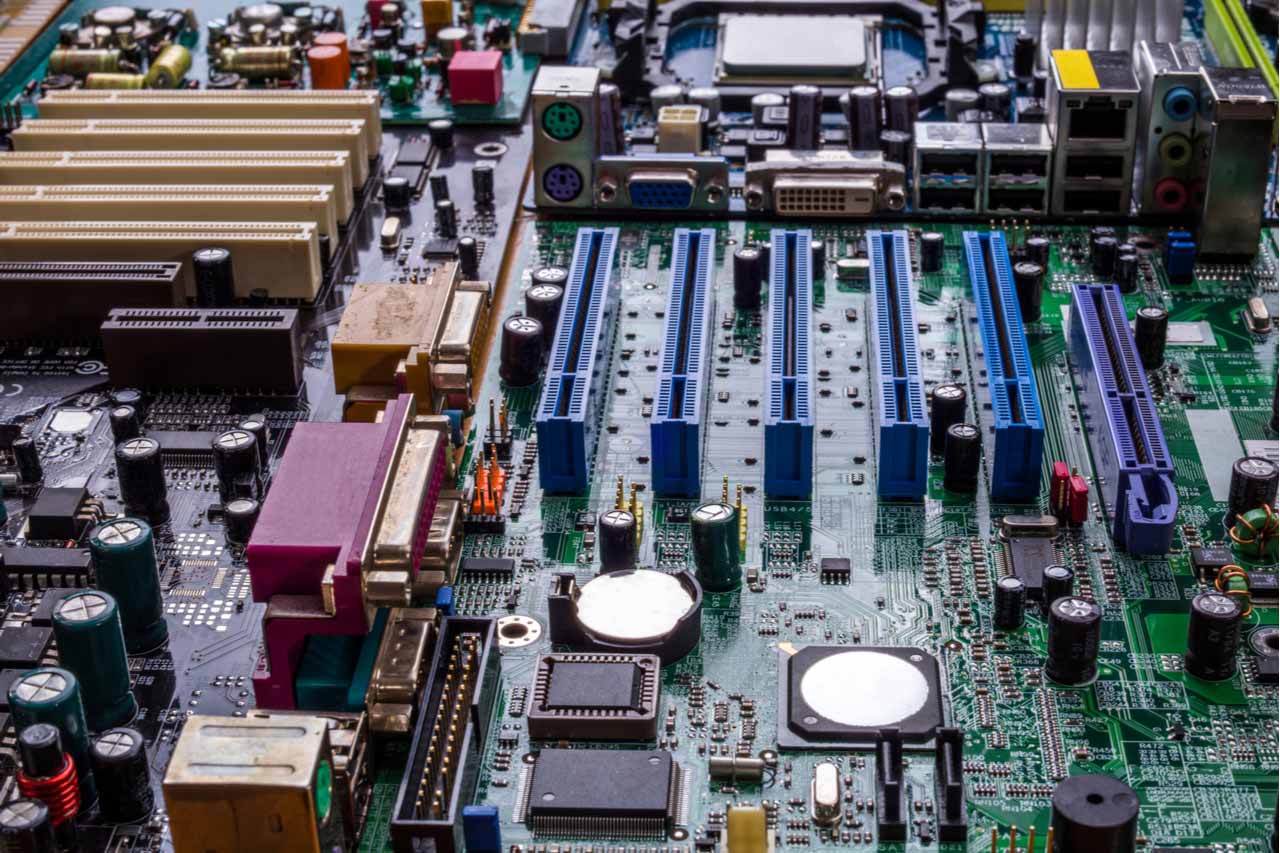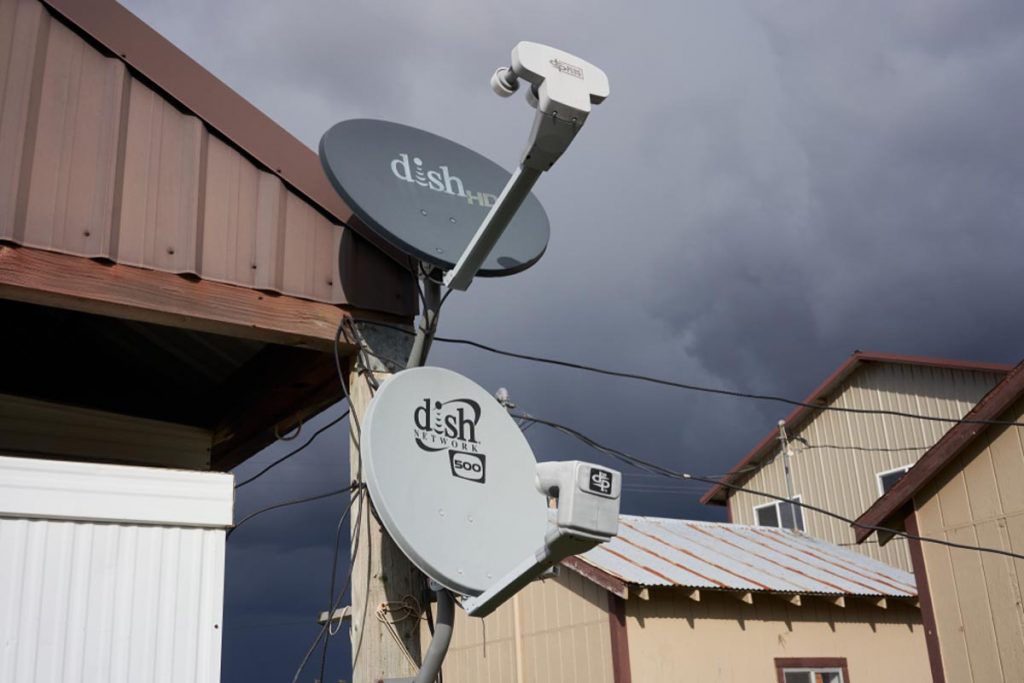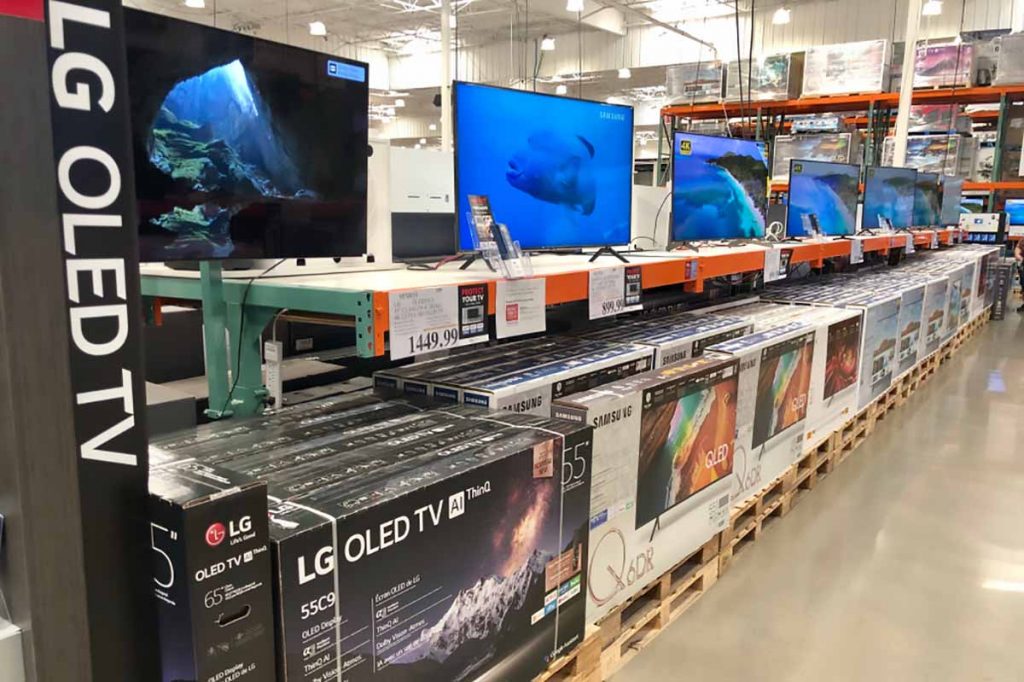
Researchers suggest implementing ultimate producer responsibility policy would improve labor conditions for the thousands of people working in the informal waste management sector. | DimiSotirov/Shutterstock
More than two dozen researchers and e-scrap experts from nine countries are calling for a global extended producer responsibility system that ensures European producers take care of e-scrap after it’s exported.










